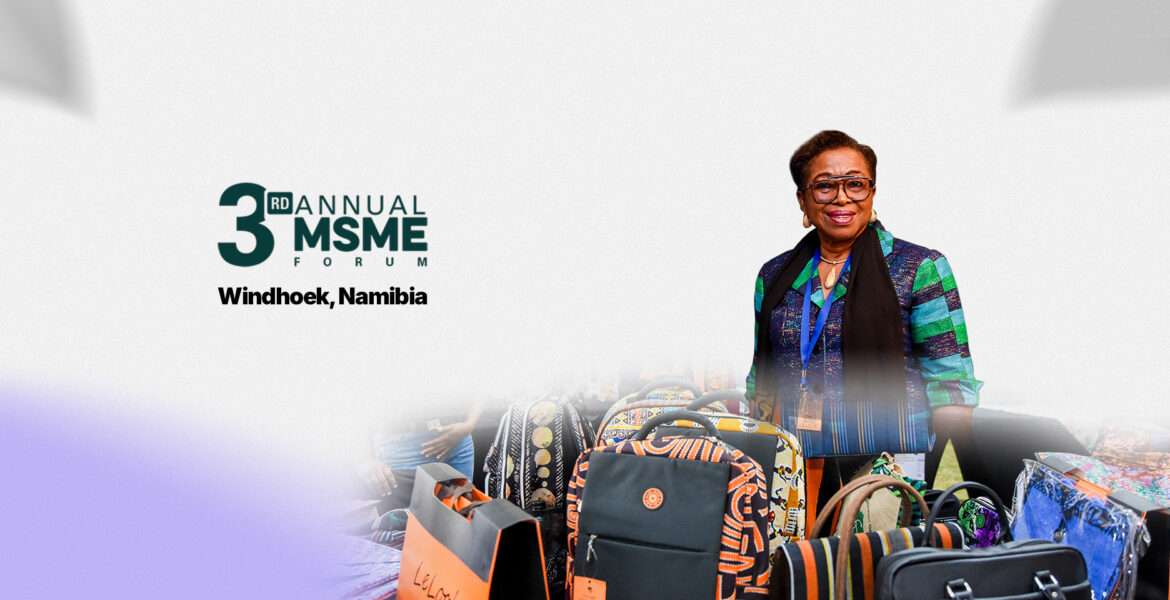She’s a chartered librarian, maritime safety expert and serial entrepreneur, but Chinwe Ezenwa is mostly known as the founder of Le Look Bags, one of Africa’s major bag manufacturing companies and just recently the company that she founded in 1985 scored a major milestone that could further boost its revenue.
“Lelook just received the first Certificate of Origin, 001, to trade under the guided trade initiative,” Ezenwa announced to a cheering audience during an AfCFTA Panel Discussion at the 3rd Annual MSMEs Forum in Windhoek, Namibia. Beaming with pride, she added, “The first of its kind, coming out of Nigeria.”
This milestone is no ordinary feat. Le Look Bags will now capitalize on the African Continental Free Trade Area’s (AfCFTA) market, which has the potential to reach 1.3 billion people and contribute around $450 billion to Africa’s overall GDP, according to World Bank statistics.
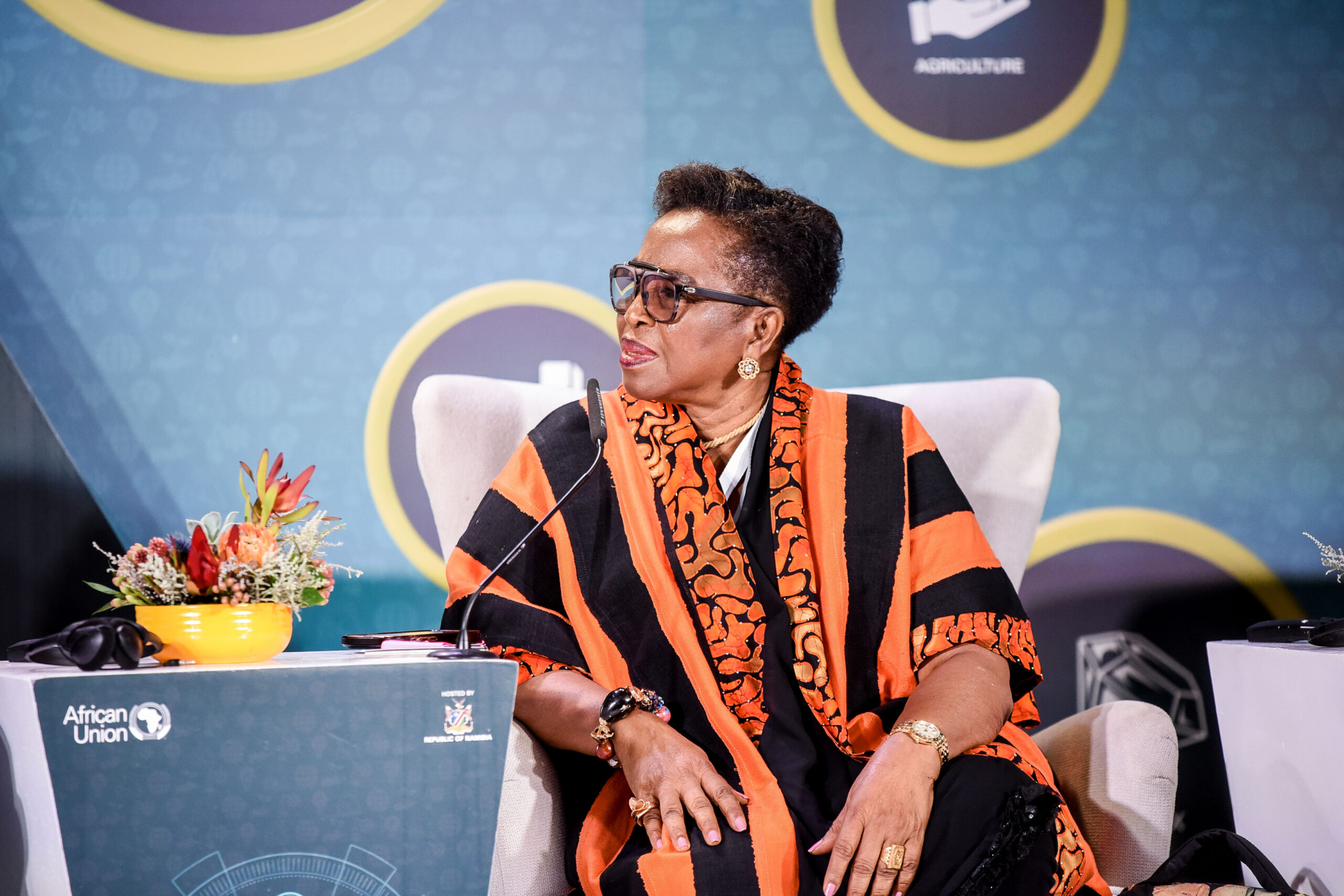
Chinwe, now 73, walked Zuba Network through the journey to obtaining the coveted certificate “There were several audits from the Standards Organization of Nigeria and the AfCFTA Secretariat to determine the amount of African raw materials I used in the production of my bags. It’s not that I am going to bring a Chinese product and say it is made in Africa,” she explained.
And as part of the certification process, she says, officials visited her state-of-the-art manufacturing facility in Lagos. “They saw that only 30% of the inputs, like zippers, came from China, while the fabric was made in Nigeria,” she shared. Satisfied with her compliance, Ezenwa was issued the Rules of Origin certificate, which allows her products to be traded across several African countries at reduced tariffs.
To benefit from AfCFTA, goods must meet the strict Rules of Origin criteria outlined in the AfCFTA Protocol on Trade in Goods. These administrative rules and criteria ensure that only products made in Africa are eligible for preferential market access
According to Cynthia Gnassingbe-Essonam, Senior Advisor on Private Sector Engagement at the AfCFTA Secretariat, this is one of several protocols the have been put in place to facilitate the single market. “It is important to note that we are not just looking at an agreement that we think is going to implement itself. We understood that to be able to see these trades really happen, we needed to come up with tools.”
However, many female entrepreneurs remain unaware of these tools and protocols.
To enhance her knowledge of the AfCFTA trade rules and compliances, Chinwe says she had to undergo extensive training.
“The sensitization From the AfCFTA Secretariat, the media on this process helped me. The Customs of Nigeria was also part of this training, because they are responsible for certifying the origin of the products. So, I have attended several of their programs to prepare to participate.”
 Chinwe Ezenwa, exhibiting Le Look Bags at the 3rd Annual MSMEs Forum in Windhoek, Namibia
Chinwe Ezenwa, exhibiting Le Look Bags at the 3rd Annual MSMEs Forum in Windhoek, Namibia
In April 2024, Le Look Bags was one of ten Nigerian companies that begun formal exports of locally produced commodities to South Africa, Rwanda, Cameroon, and Kenya under the AfCFTA Guided Trade Initiative (GTI).
Launched in 2022, the GTI is an initiative by the AfCFTA Secretariat to kick-start trade among State Parties that have met the necessary criteria. It aims to test the readiness of the private sector, as well as the operational, institutional, legal, and trade policy frameworks under the AfCFTA.
“We piloted trade under the AfCFTA with eight countries in 2022. Now, we are expanding to 30,” Cynthia shared.
Ezenwa was the first woman to export goods under this framework.
“I now have easy access to the African market under the GTI, with Kenya as my main destination,” she shared. “The customs receive my goods with no questions asked and the movement of the cargos is fluent. I also recently discovered a local partner in Kenya, which would have been much harder without the AfCFTA.”
While she is thrilled about her success, Ezenwa acknowledges that many manufacturers, especially women, are not as fortunate. “Most people don’t even understand what AfCFTA is,” she noted.
This sentiment is echoed by Janet Kabugho. The 27-year-old entrepreneur runs Skills Centrum Rwenzori in Western Uganda. Tucked away six hours from Uganda’s bustling capital, Kampala, Kabugho says for many rural entrepreneurs like her, being removed from the capital often means being removed from access to information about available opportunities.
“If I didn’t attend this MSMEs forum, I wouldn’t have known about the AfCFTA protocols.” She tells Zuba Network.
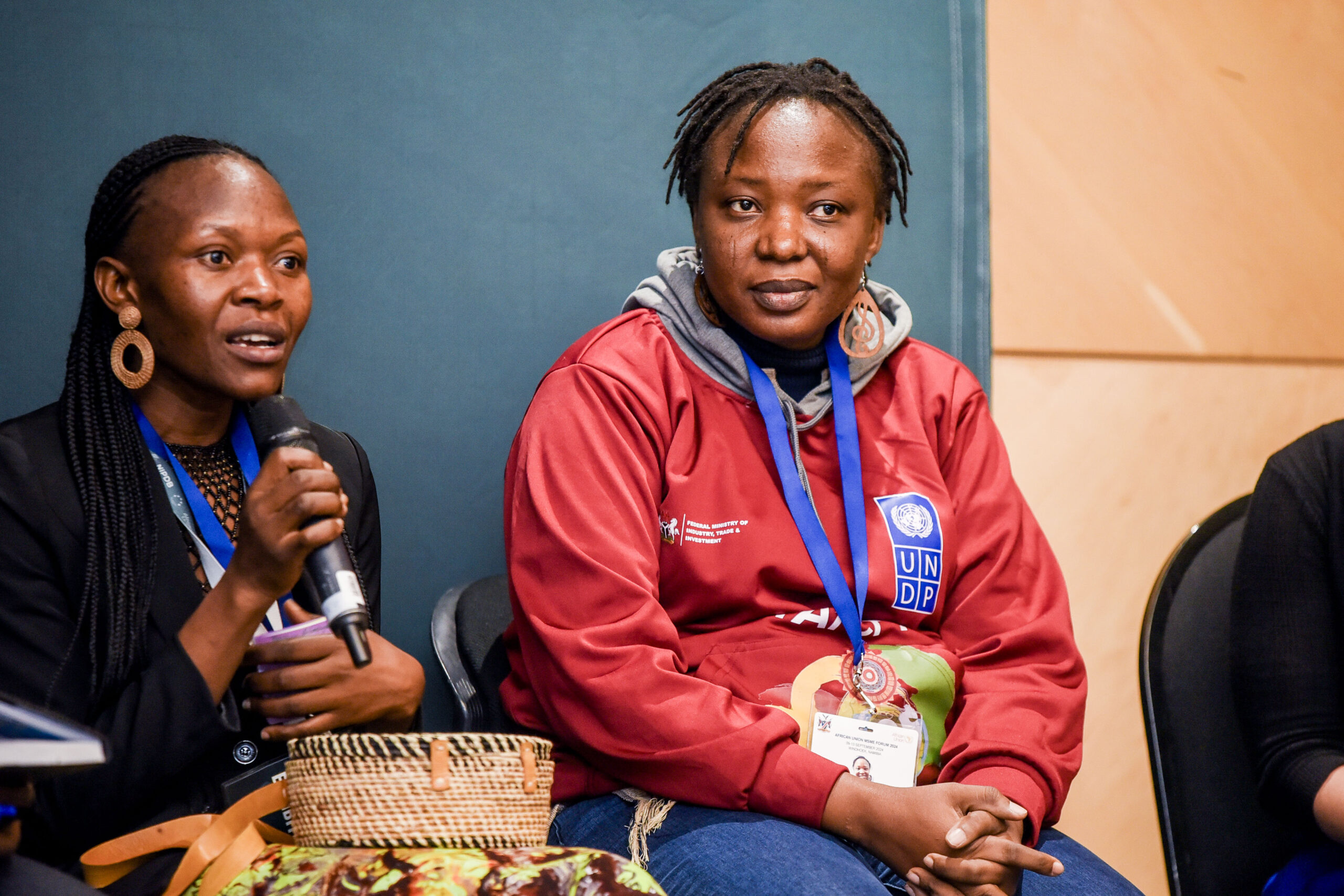
At their cottage in Kasese, Kabugho works with over 100 women artisans. “We are trying to empower rural artisans to reach potential markets, but to do that, we first train them to produce marketable handcraft products. Then after the trainings, we bring their products to the market.”
Kabugho says attending the forum piqued her interest in AfCFTA, but it also exposed her to many knowledge gaps. “We need to know more about how to penetrate markets across the continent, the do’s and don’ts of trading, the standards our products need to meet and available markets,” she added.
The AfCFTA, which became operational in 2021 and has been signed by 54 of the 55 African Union member states, aims to create a single continental market for goods and services, facilitating the free movement of business, people and investments. Uganda is among the 47 countries that have so far ratified the agreement.
While it hosts immense benefits for African entrepreneurs especially women manufacturers who are the backbone of Africa’s economies, limited information still hampers their full participation. “I think governments should create more awareness about the AfCFTA, especially in rural areas. People should be told about such trade opportunities so that we can capitalize on them.” says Kabugho.
Besides information gaps, Kabugho has also made a plea with the government to give them tax incentives to grow so they can take advantage of the single market.
“You find you are just a startup trying to make ends meet, and then you are told to pay a tax of about 20% of your sales, which is really not fair. They should give us tax holidays to enable our enterprises grow so that we can later be in position to pay the required taxes.”
For chinwe, capacity building inform of skills training is equally a vital element in ensuring the readiness and success of female manufacturers for the AfCFTA.
“I will come from the standpoint of training. Unless you raise an army of skilled personnel in various fields, this whole thing is going to be a dream,” She says.
She also disclosed at the forum that Le Look Bags had launched a skills training academy, the first of its kind in Africa, to train women and youth in manufacturing quality bags. Besides training, the company has established a 10-year strategic plan to position itself competitively under the AfCFTA.
To help entrepreneurs like Kabugho and Ezenwa navigate the complexities of the AfCFTA, Cynthia Gnassingbe-Essonam revealed that the AfCFTA Secretariat provides valuable resources online. “We have information on our website about the agreement, the protocols, and the various tools that the Secretariat and its partners have developed to facilitate private sector participation in the AfCFTA,” she explained.
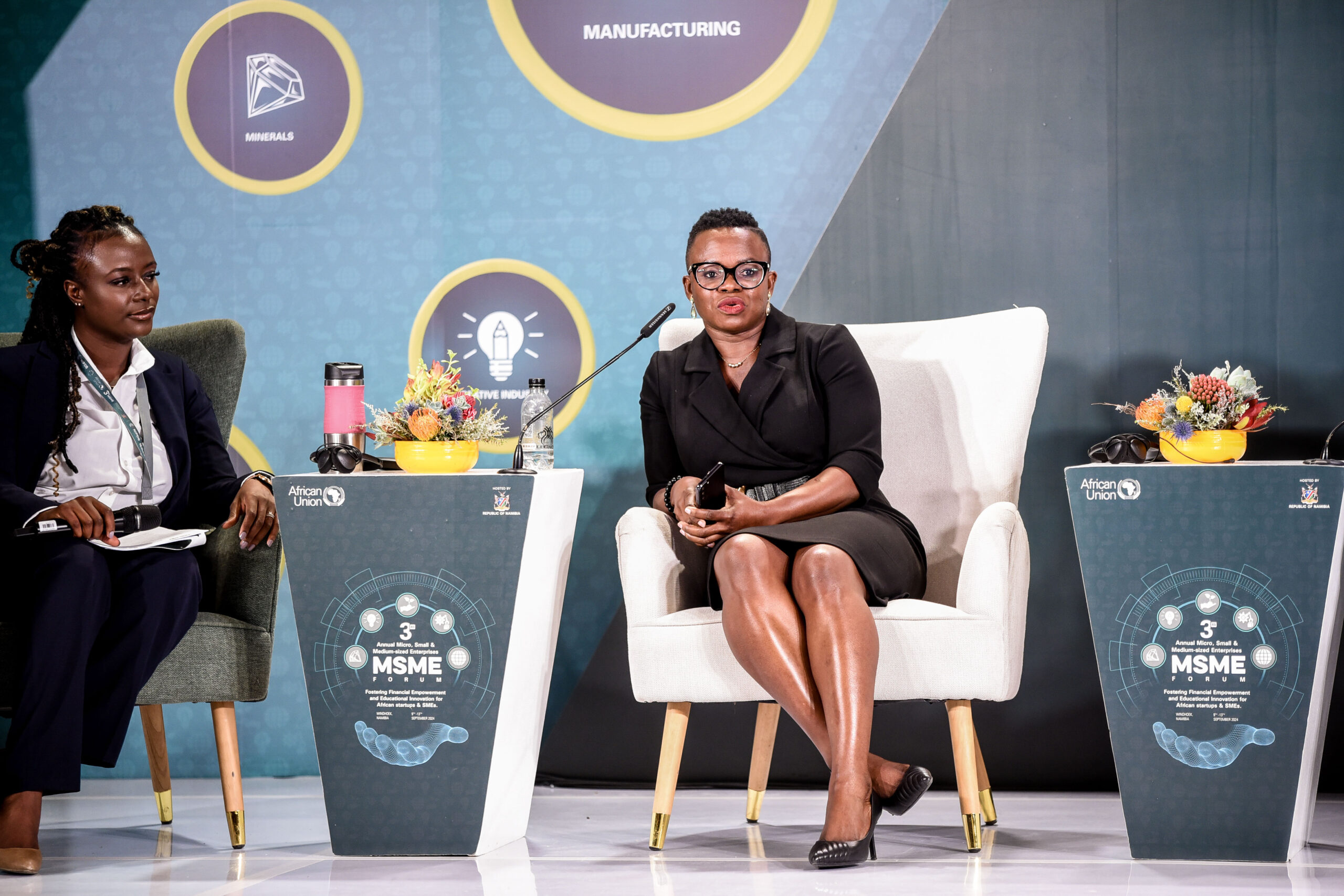
However, speaking to Zuba Network, Ambassador Albert Muchanga, the African Union Commissioner for Trade and Industry said a lot more needs to be done to disseminate this information to the users. He emphasized the importance of governments creating workshops and online resources to raise awareness.
“Through various workshops and their website, they can present questions and get answers. These workshops should inform market players about the minimum conditions required to export duty-free across the African Continental Free Trade Area, particularly regarding the Rules of Origin. They need to understand the specific steps and criteria they must meet. That way, they will go back with full information.”
Additionally to navigate the complexities of market information, Cynthia stresses the importance of collaboration between the Private Sector and the different chambers of commerce across the continent.
“Market information is important, and where do we find it? Business Council’s collaboration is absolutely key. So the private sector at national, regional and continental level, need to come together, collaborate, exchange information so that we can actually come up with the data of what is on the continent, what we are trading and the market intelligence for us to to be able to to see the opportunities and leverage from them.”
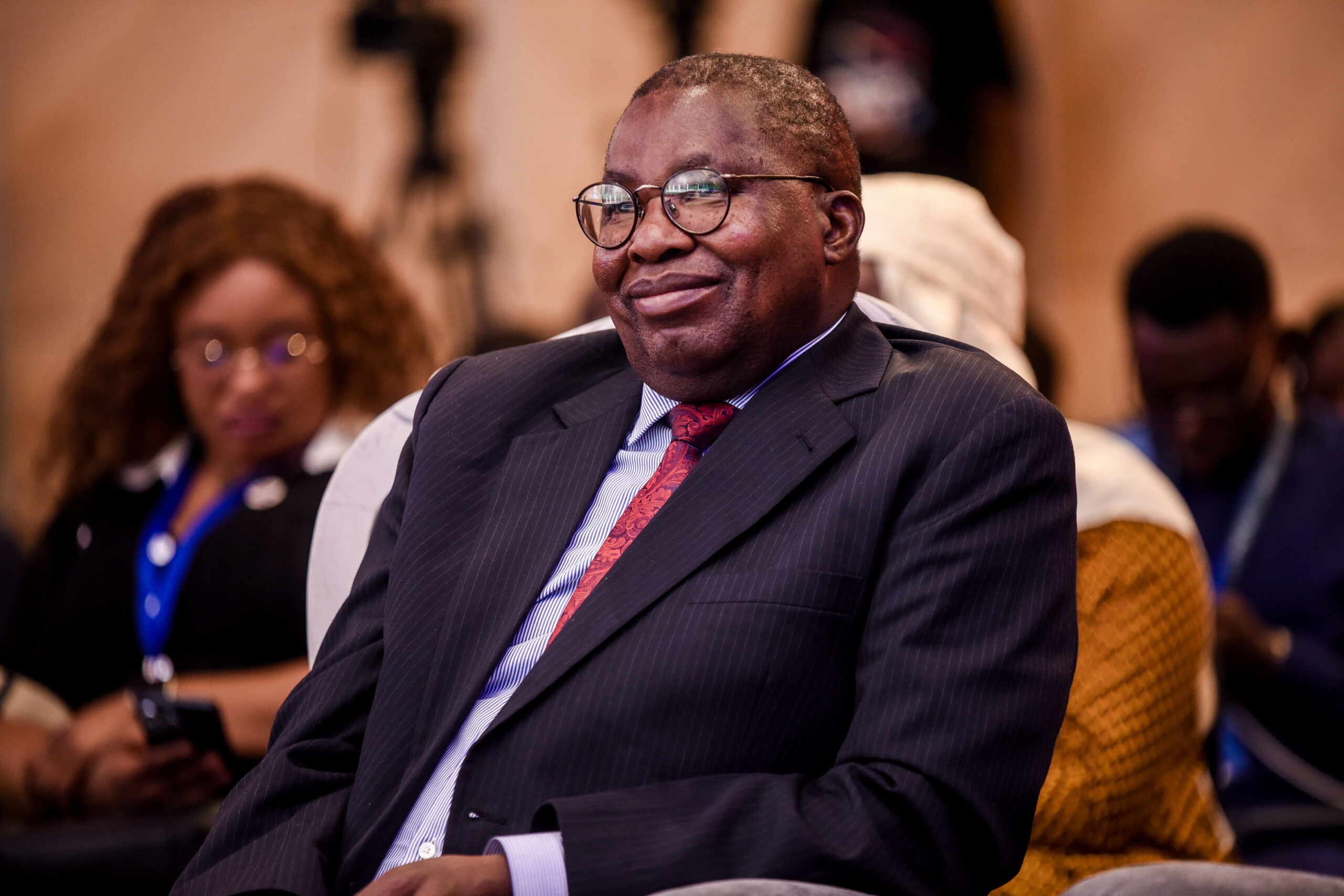
For Kabugho, the AfCFTA represents an opportunity to not only make more revenue but also scale impact. “We are currently selling our products in the USA, Canada, Rwanda, and Japan, but we want to expand across Africa and grow our impact. We are now targeting to work with over 1,000 women and generating at least $10,000 in monthly revenue.”
As Africa prepares for its future under AfCFTA, much work remains to tap into the potential of female manufacturers like Kabugho. As Ezenwa aptly put it, “Capacity building and access to information is key. We must break down the specifics of AfCFTA so people understand it. You should not be elitist and also if we don’t train them, we can’t blame them.”
This article was produced as part of a series of our coverage of the 3rd Annual MSMEs Forum, in Windhoek, Namibia, courtesy of the African Union Media Fellowship.


